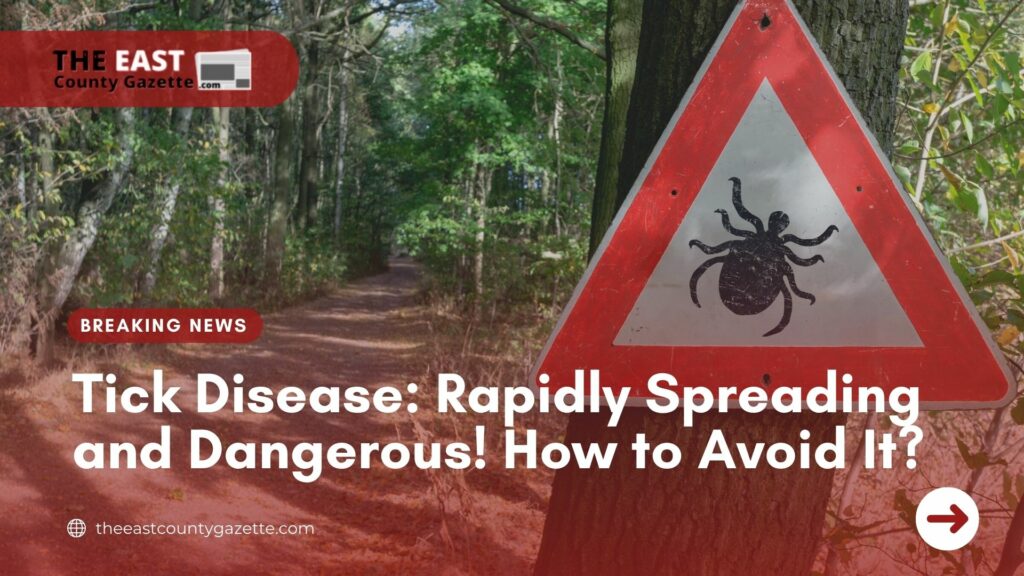Several health authorities have warned its residents of a disease that’s rapidly spreading across the United States– and if you don’t look too clearly, you may just miss it.
Alerts have been raised to call attention to the Rocky Mountain spotted fever (RMSF), which is a tick-borne infection caused by Rickettsia rickettsii, a bacteria commonly transmitted by American dog ticks.
This dangerous disease currently has a case-fatality rate as high as 30% in certain untreated patients. The CDC says that even with treatment, hospitalization rates of 72% and case-fatality rates of 4% have been reported in patients diagnosed with the disease.
According to CDC’s Morbidity and Mortality Weekly Report, RMSF is now the most commonly fatal tick-borne illness in the United States. Symptoms start with fever and a macular rash in its early stages.
Untreated RMSF may result in “severe systemic manifestations, including pneumonitis, myocarditis, hepatitis, acute renal failure, encephalitis, gangrene, and death”.
So far, there are an estimated 612 deaths attributable to RMSF in the United States during the years 1983-1998, and approximately 12% of reported deaths occurred in children below10 years old.
Recommended Read: Two Teachers Die of COVID-19, Texas Schools Shut Down
The state of Texas has published a brochure that gives information about the Rocky Mountain Spotted Fever. It includes instructions on what to do when spotting a tick attached to human skin, which is as follows:
- Use tweezers to grasp the tick at the surface of the skin. If tweezers are not available, use a tissue or paper towel to protect your fingers. Remember, exposure to the tick’s body fluids may lead to infection.
- With a steady motion, pull the tick straight out. Do not twist or jerk the tick as this may cause the mouthparts to remain in the skin.
- After removing the tick, disinfect the bite site and wash hands with soap and water.
Health authorities advise people to seek medical attention when faced with symptoms of the RPSF. Laboratory test results will confirm the diagnosis.
As of now, residents are advised to stay safe by keeping their dogs free of ticks, as well as investing in long-lasting tick repellents. Wearing light-colored clothes can also help see the ticks clearer.

